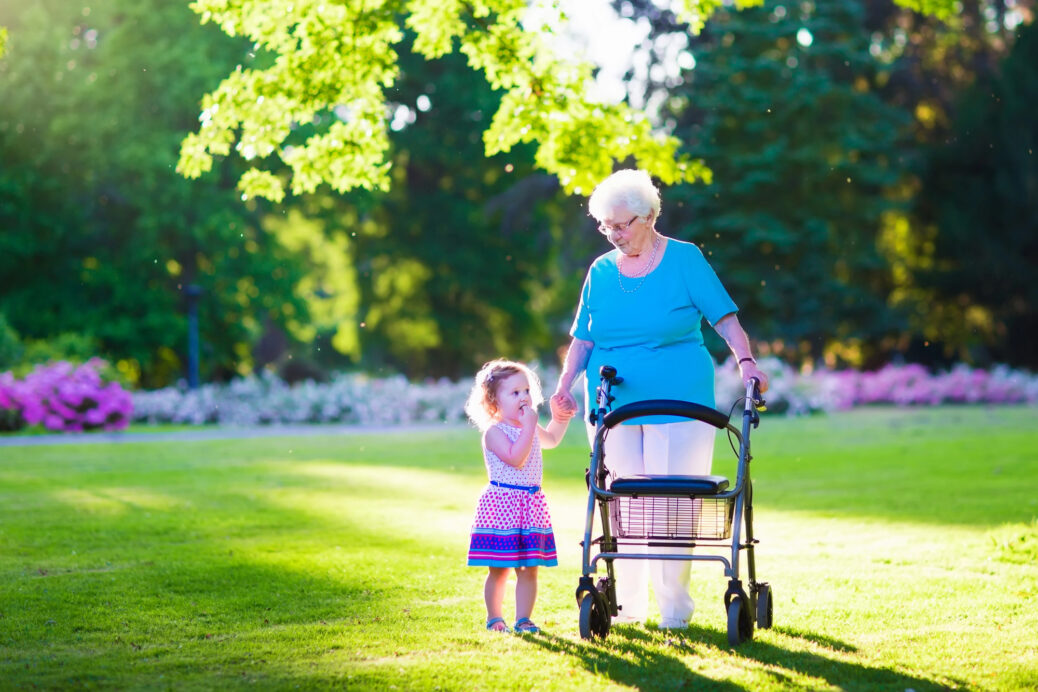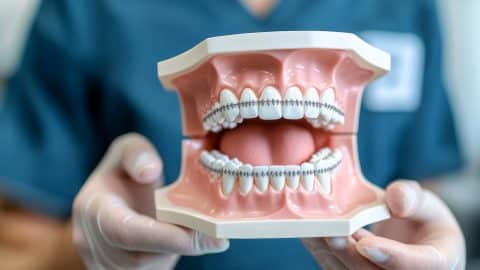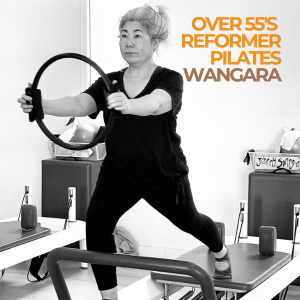Maintaining health and independence is a top priority for seniors who want to enjoy their retirement years in the comfort and familiarity of their own homes. With advances in technology and mobility aids, seniors in Australia have access to a wide range of supportive products designed to enhance safety, promote wellbeing, and improve overall quality of life.
Many of these essential items can be conveniently sourced through trusted medical equipment suppliers in Australia, ensuring seniors get reliable products tailored to their unique needs.
Mobility Aids: Regaining and Maintaining Freedom of Movement
Mobility challenges are common as we age, but the right aids can make a huge difference. Products like walkers, canes, rollators, and motorised scooters help seniors move safely both indoors and outdoors. Modern options focus on lightweight materials, ergonomic designs, and ease of use, helping reduce falls and boosting confidence.
Wheelchairs, both manual and powered, provide greater accessibility for those with more significant mobility limitations. Choosing the right mobility aid depends on individual health, home environment, and lifestyle preferences, so professional advice can be invaluable.
Health Monitoring Devices: Taking Control of Wellness
Monitoring health at home enables seniors to spot early warning signs and manage chronic conditions more effectively. Today’s technology offers a broad range of easy-to-use medical devices compatible with everyday life:
- Blood Pressure Monitors: Ensure regular, accurate tracking of cardiovascular health, with digital displays and memory storage.
- Pulse Oximeters: Measure oxygen saturation and pulse rates, crucial for respiratory health and general well-being.
- Wearable Trackers: From smartwatches to pendants, these devices provide real-time monitoring of heart rate, activity levels, sleep quality, and even fall detection with emergency alerts.
- Thermometers: Non-contact and digital thermometers allow quick checks of body temperature to detect infections early.
Many of these devices also integrate with smartphone apps, allowing families and healthcare professionals to stay informed remotely.
Safety and Emergency Alert Systems: Support When It Matters Most
Safety is paramount for seniors living alone or with minimal supervision. Emergency alert systems, such as wearable buttons and fall detectors, provide immediate communication with carers or emergency services when help is needed. GPS tracking features add extra security for seniors who enjoy independent outdoor activities.
Smart home technologies contribute further by automating lighting to prevent falls, monitoring environmental hazards like smoke or carbon monoxide, and enabling voice control devices for easy assistance.
Daily Living Aids: Enhancing Comfort and Independence
Everyday tasks can become challenging with age, but various aids make these activities manageable without compromising independence:
- Adaptive Tools: Jar openers, reachers, ergonomic cutlery, dressing aids, and other assistive gadgets simplify common tasks.
- Bathroom Safety Products: Grab rails, shower chairs, non-slip mats, and raised toilet seats reduce the risk of falls in wet, slippery environments.
- Comfort and Support Items: Orthopaedic cushions, pressure-relief mattresses, and supportive footwear help alleviate pain and improve posture.
- Medication Management: Pill organisers with alarms remind seniors to take medications on time, promoting adherence and reducing health risks.
Staying Connected: Communication and Engagement
Social isolation is a significant concern for many seniors. User-friendly smartphones, tablets, and video calling devices help keep family and friends close, reducing feelings of loneliness and promoting mental well-being.
Voice-activated assistants can provide reminders, play music, and control smart home devices, offering both convenience and companionship.
Government Support and Recent Advances
Starting in November 2025, the new Support at Home program will further empower seniors to remain independent through tailored clinical care, independence support, and everyday living services. The program introduces Support at Home contributions, where participants contribute to the cost of non-clinical services based on their financial circumstances, while government funding continues to cover essential medical care.
Choosing the Right Products
Selecting the most suitable products depends on individual needs, home setup, and health conditions. Consulting healthcare professionals, occupational therapists, or trusted equipment suppliers ensures seniors receive personalised recommendations that enhance safety and wellbeing.
Quality, reliability, and ease of use are key factors to consider, alongside affordable purchasing or rental options available through Australian suppliers.
Final Thoughts
Maintaining health and independence at home is achievable for many seniors with the help of practical, supportive products. Mobility aids, health monitoring devices, safety systems, and daily living supports all contribute to a fulfilling, dignified retirement at home.
Many of these essential products can be found through trusted providers of medical equipment supplies like AMA Medical Products, which offers quality, support, and peace of mind for seniors and their families.















